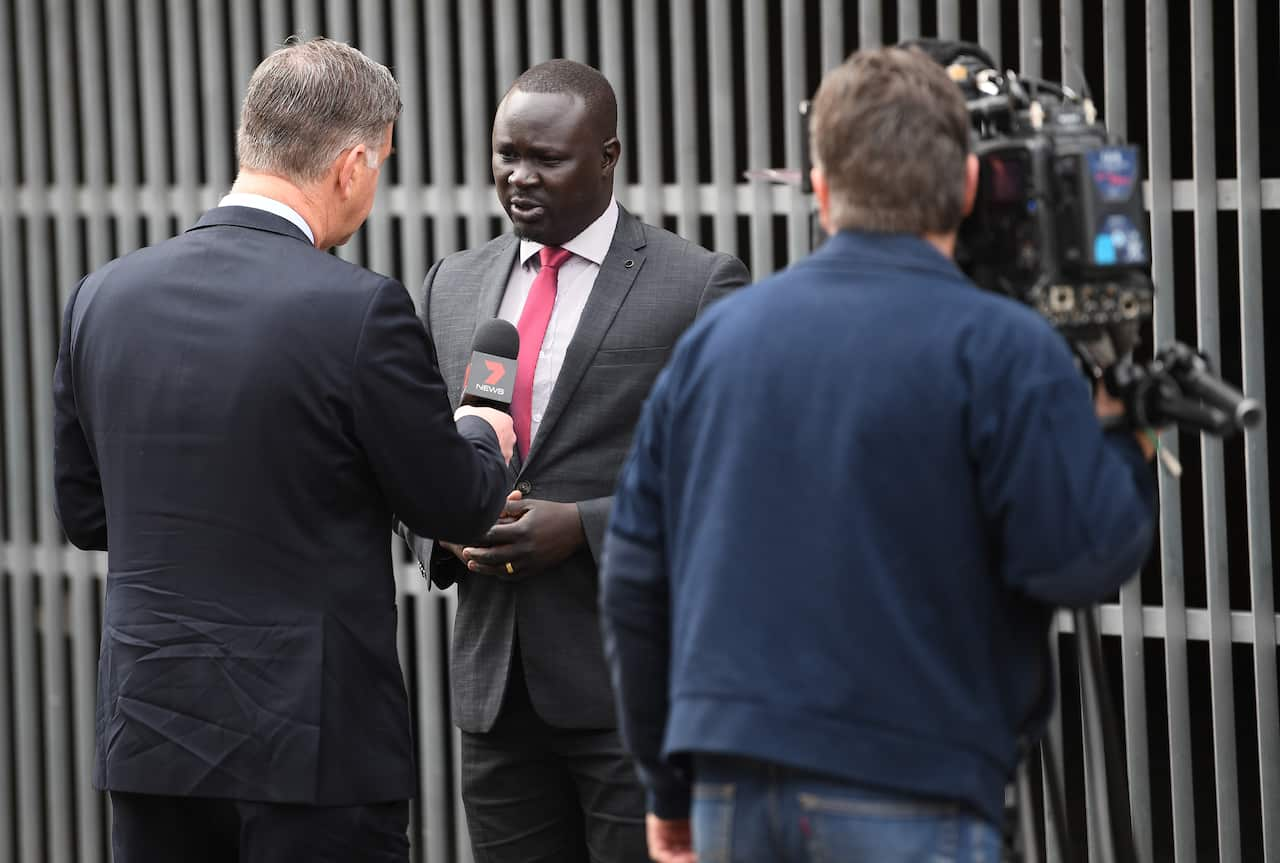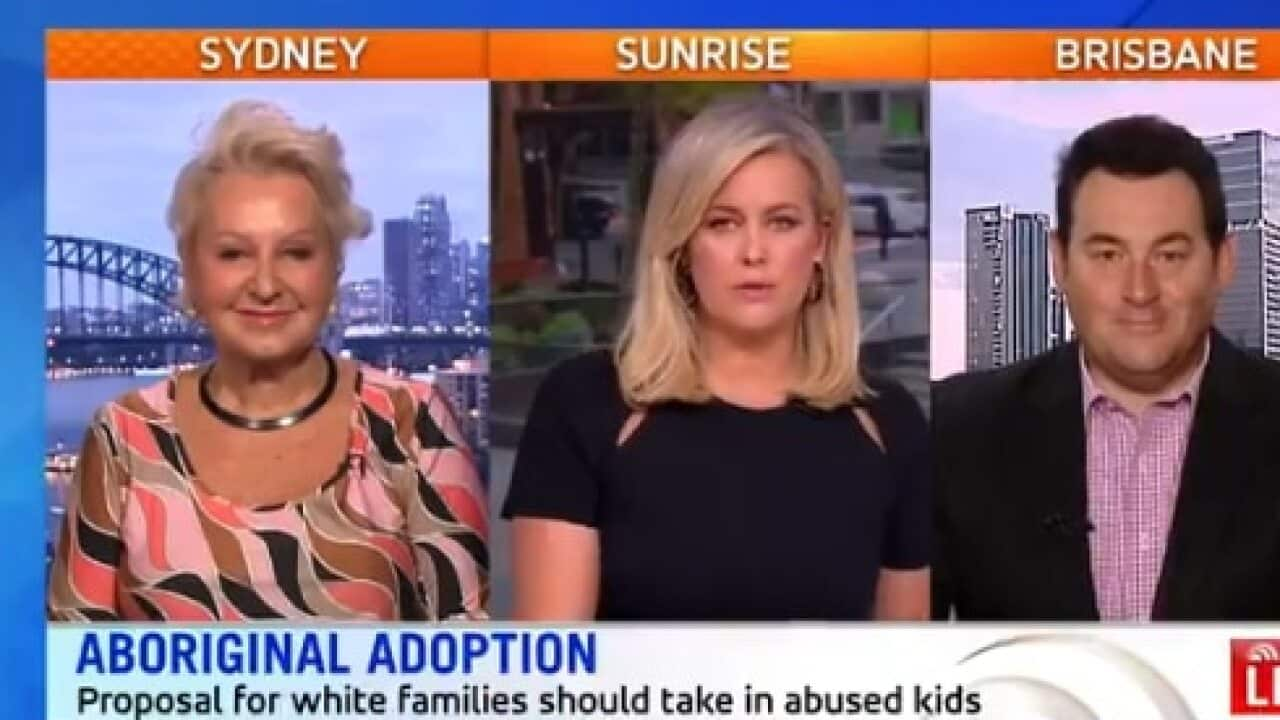Complaint mechanisms for racist and offensive media content must be reformed to meet the reality of the internet, an advocacy group has urged after a new report found more than half of opinion articles written about race in Australia negatively portray racial minorities.
The report, released on Monday by the University of Technology and advocacy group All Together Now, also found three newspapers - the Herald Sun, The Daily Telegraph, and The Australian - were responsible for 91 per cent of opinion articles they deemed to portray a negative view of racial minorities and 96 per cent were authored by people of European and Anglo-Celtic backgrounds.
Of the minority groups covered in opinion articles, Muslim Australians were the most heavily targeted by negative commentary, followed by Indigenous Australians and African Australians. "Media regulatory frameworks currently have a time limit in which people can make complaints and that's 30 days. We believe in the internet age where media is available online for a much longer time, people should have a much longer time for being able to make these complaints," Jennifer McLean from All Together Now's Media Monitoring Project told SBS News.
"Media regulatory frameworks currently have a time limit in which people can make complaints and that's 30 days. We believe in the internet age where media is available online for a much longer time, people should have a much longer time for being able to make these complaints," Jennifer McLean from All Together Now's Media Monitoring Project told SBS News.

Coverage of the Christchurch attacks came under investigation by the Australian Communications and Media Authority, which found there had not been a breach. Source: AAP
"Content remains online for a long time and people should be able to flag things with the broadcaster and regulatory bodies for as long as it's available online."
Ms McLean added that it was possible for special consideration to be sought for complaints made outside these windows.
Members of the public are able to make complaints about racist or offensive media coverage to the Australian Press Council, the watchdog for newspapers and magazines, and Free TV Australia, which is responsible for monitoring commercial television.
The Australian Communications and Media Authority (ACMA), which also regulates broadcast media, can also receive complaints from the public but only after an initial complaint has been made to the broadcaster responsible for the content in question.
"It's a confusing landscape, which is part of the problem. We think there should be a really clear way to access this information and then make the complaints as needed," Ms McLean said.
The study looked at 281 opinion pieces published by Australian media during the year leading up to April 2019.
Of the articles analysed, 57 per cent were found to negatively portray Australian racial minorities, while 63 individual articles discussed Muslims specifically, 49 focused on Indigenous Australians and 44 targeted African Australians.
An article was deemed to negatively portray a minority group when it was found to be "reasonably likely to offend, insult, humiliate or intimidate another person or group of people because of their race, colour or national or ethnic origin or religious intolerance motivated by racist considerations".
"Racism is such a systemic issue in Australia and it continues to be reiterated through systems like the media," Ms McLean said.
"White cultural dominance is such a prevailing narrative in this country and we have a real problem with identifying it."
Earlier this year, ACMA found Channel 7's Sunrise program had breached the television codes of practice after a panel of non-Indigenous commentators discussed the removal of Aboriginal children, with one suggesting the idea of a second stolen generation. The segment incited contempt because it “directed very strong negative feelings towards Indigenous people, even though this may not have been the licensee’s intention” the watchdog said.
The segment incited contempt because it “directed very strong negative feelings towards Indigenous people, even though this may not have been the licensee’s intention” the watchdog said.

South Sudanese community leader Maker Mayek opposed what he called a "media panic" over so-called African gangs in 2018. Source: AAP
A spate of reporting on so-called "African gangs" in 2018 has also been criticised for unfairly demonising African-Australians.
The report also recommended that the Australian Press Council's statement of principles be updated to include a requirement for media outlets to not place "gratuitous emphasis on race, religion, nationality, colour, ethnic origin and country of origin."
"This is an argument that greater diversity in newsrooms and in media organisations supports the hearing of diverse voices," Ms McLean said.
"I think it's really important for media organisations to be looking at who gets a seat at the table when it comes to content."
Share


